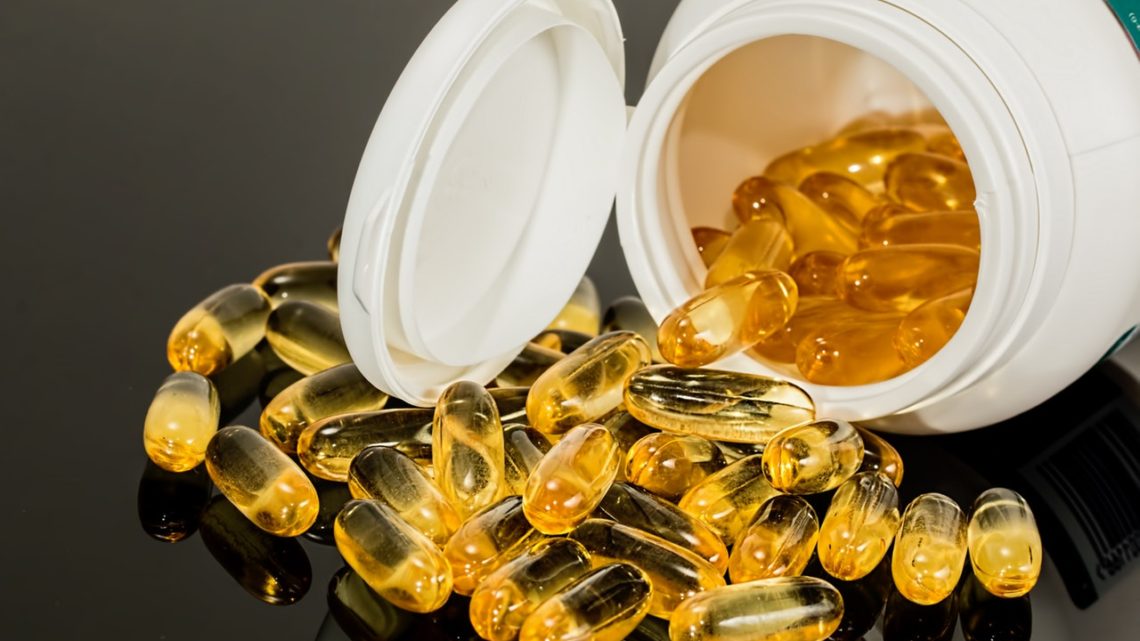Feeling like your energy levels are low? You might be experiencing a B vitamin deficiency. Find out what the various B vitamins do to help fuel your body, and how to get enough of them.
If you’re aiming to boost your energy levels but you think you may be missing key nutrients in your diet, consider adding some B vitamins. Your body gets its strength from the fuel you put into it, and a healthy intake of B vitamins will help you convert the food you eat into the energy you need for maximum output.
What are B vitamins and how do they work?
B vitamins include riboflavin, niacin, thiamin, folate, pantothenic acid, pyridoxine, and methylcobalamin. B vitamins are present in a variety of foods, such as green leafy veggies, meats, eggs, fish, milk, whole grains, legumes, mushrooms. Some other foods, such as cereals, are fortified with B vitamins.
B vitamins are essential for proper cell function and for turning food into fuel. Some B vitamins are also critical to producing healthy red blood cells, which distribute oxygen throughout your body. That’s why it’s very important that you get enough B vitamins. If your diet does not include meat, milk, and grains (the strongest sources of B vitamins), you may not be consuming the sufficient amount of B vitamins you need.
It’s important to note that insufficient amounts of B vitamins in your body can adversely impact your athletic performance. Since B vitamins are water soluble, they don’t stay in your body for very long. If you’re drinking a lot of water during your workout, you need to be sure to replenish your B vitamin levels. The best way to do that conveniently is to take a supplement.
Types of B Vitamins
B2 (Riboflavin)
Vitamin B2 is a co-factor in the conversion of protein, fats, and carbohydrates into energy. You can find B2 in Brussels sprouts, almonds, Greek yoghurt, legumes, and white mushrooms.
B3 (Niacin)
B3 helps turn the food you eat into energy and plays a role in the production and repair of DNA. A deficiency may lead to skin disorders, diarrhea, depression, disorientation and more. B3 can be found in nuts, fish, meat, mushrooms, and whole grains.
B5 (Pantothenic acid)
B5 is essential for making blood cells, converting food to glucose, maintaining a healthy digestive tract, synthesizing cholesterol, and supporting the adrenal glands. B5 is found in foods such as yogurt, chicken, cabbage and avocado. Deficiencies are rare but signs are fatigue, insomnia, and burning feet.
B6 (Pyridoxine)
Pyridoxine (B6) aids in converting food into energy and helps the body produce norepinephrine, which helps you cope with handling stress. It also helps produce dopamine, which is linked to happiness and motivation, and serotonin, a mood regulator. Sources of B6 include fatty fish, walnuts, poultry, lentils, sunflower seeds, and peanuts.
B7 (Biotin)
B7 is involved in converting food to energy and it contributes to healthy hair and nails. B7 is found in egg yolks, cauliflower, sweet potatoes, and leafy greens. A deficiency is very rare but is categorized by hair loss and a scaly rash on the face.
B9 (Folate)
B9 is essential for brain and nerve function and is essential for both mental and physical health. Women of childbearing years need an extra dose to decrease the risk of birth defects. You can find it in beef, greens, turnips, beets, root vegetables, orange juice, and beans.
B12 (Methylcobalamin)
B12 assists in the formation of red blood cells and the production of hemoglobin. The hemoglobin in our red blood cells transports oxygen throughout the body. (The vitamin also plays an important role in mental health). If you eat fish or meat, you can an easily get sufficient B12 through your diet. However, vegetarians and vegans frequently experience deficiencies. In fact, vegetarians among all ages of the population may be at risk for vitamin B12 deficiency, according to an analysis published in the journal Nutrition Review. If you’re vegetarian or vegan, it’s important that you eat B-12 fortified foods such as cereals and/or take a B-12 supplement.
Choline
Choline is a sister vitamin to the B vitamins; it functions similarly in terms of assisting in brain and energy functions, and like the B group, it is water soluble. A choline deficiency, although rare, can lead to muscle and liver damage, and an accumulation of fat deposits in the liver. You can add this nutrient to your diet by eating nuts, beans, chicken breast, beef, eggs, and spinach.
Who should take B vitamins?
If you’re looking to increase your energy level, first make sure you’re getting enough sleep and consuming proper amounts of nutrients including proteins, carbohydrates, and fats. If you still don’t feel you’re getting enough B vitamins in your diet, consider taking B vitamin supplements or a supplement that contains B, as well as other energy-promoting ingredients. One to try is RECHARGE HEALTH™ centered energy, which contains vitamin B-12 along with CoQ10, goji berries, and the adaptogen Rhodiola rosea. This formulation is whole-food sourced, vegan, non-GMO, gluten-free, and is made in America from ingredients sourced from around the world. Taking this supplement may result in a more energetic feeling and a more stable mood. It is recommended that you always consult your healthcare practitioner before taking any supplement.
B vitamins are essential if you want to have enough energy to perform at your best throughout the day, every day. While the healthiest way to get these nutrients is through a balanced diet, sometimes that’s not enough. So taking an all-natural supplement could give you the extra oomph you need to fuel your life.
Please don’t forget to share this article with your friends and family. After all, sharing is caring.
Author: Milan Patel
Milan Patel graduated with a degree in International Languages. He has a big passion for travelling and exploring all corners of the world. Milan also likes to observe and analyze architectural works in his free time.











